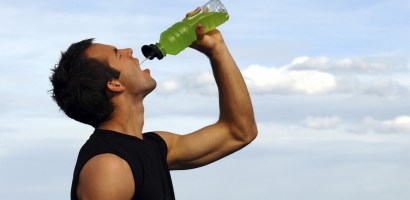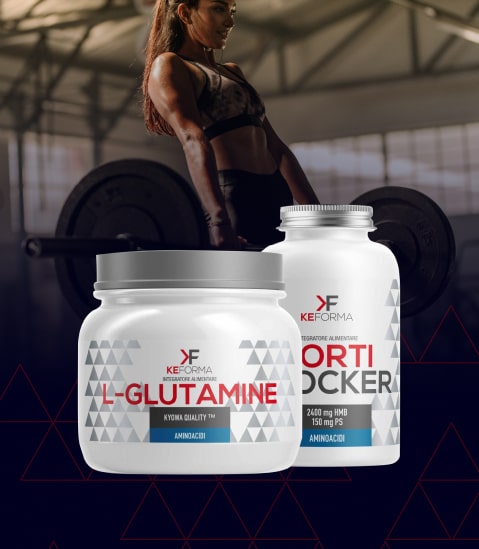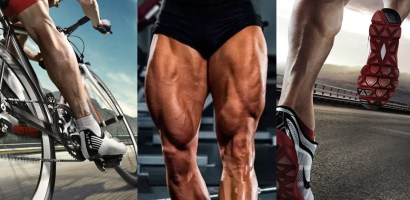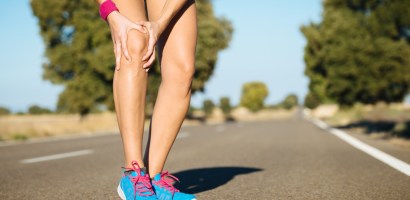Hydration: how much and what to drink during physical activity

Let’s discover together the importance of hydration during sports that include repeated jerks or endurance sports by listening to KeForma’s experts.
Dehydration is a common problem during sports, especially endurance ones.
It’s necessary to drink around 1.250 liters of liquids:
- 750-900 g are assimilated through solid foods (organic water from fruit and vegetables is of much better quality than mineral water!!);
- Lastly 350-450 g of water is produced daily by metabolic oxidations (endogenous production of heat and energy that finally results in CO2 and H2O).
It’s estimated that half a liter of water is needed in addition to the 5 meals per day along with drinks (the estimate is in relation to age, body weight, season and type of work activity).
Dehydration is a real snare for those who exercise but much less for a sedentary person (the problem becomes higher for the elderly), on the contrary those with this type of lifestyle may incur in hyperhydration, which consists in the intake of an excessive amounts of low residue mineral water resulting in hyponatremia (the plasmatic dilution of sodium under 110 mml/l which causes a gradual metabolic decline).
Hydration for fast sports
Sports requiring repeated jerks have high levels of perspiration even if the training sessions are short (rarely more than 1.5 hours), which is why hydration (preferably mineral salts and antioxidants included) must be done during training. Hydration though will never be a pivotal factor for fast sports as it can be for prolonged aerobic sessions.
Hydration for endurance sports
Within sport endurance, hydration is an essential factor that needs to be taken care of, carefully planned with balance.
There are differences between, cycling, running, cross country skiing, trekking, swimming, etc… together with several types of weather conditions (cold, humid, dry heat) but, generally speaking, time is the main factor, especially in our days since extreme and competitive sports are more and more common.
What and how much to drink
For under two hours training simple water intake is the solution (around 750 cc per hour adapting the quantities according to above mentioned variables), you may also add small quantities of mineral salt high in bioavailability.
After 2 hours training the body starts losing glycogen and that is when hydration needs to be coupled with nutrition and the problems start: it’s much more complicated to keep hypotonic fluid levels balanced allowing water absorption and at the same time enough glucids that will sustain the body during training and contrast catabolism connected to low levels of glycogen.
A mandatory principle connected to prolonged endurance is that it’s necessary to drink in a planned fashion and not just when we are thirsty (it would be too late!!).
Prepare 300/500 cc of fluids for every half an hour (keeping in mind the above-mentioned variables). After two hours the fluids need to be coupled with maltodextrins (with a minimum fructose pump): 1 Maltogel of 60/80 g or a Ke Carbo energy bar every 40-50 minutes and KE Sali Minerali that contains minerals, antioxidants and long maltodextrins (take a sachet every two hours).
Water fluid supplements (usually every 5 – 7 Km) take Speed Energy gel or Ke Carbo energy bar followed by water to rehydrate.
Salts need to be made up of bioavailable minerals (if not, considering the quantities need during hydration they may become poisonous;)
Gels need to be precisely formulated to allow the absorption of glucids without causing diarrhea. Also, maltodextrins with a specific molecular weight need to be chosen;
Carbo energy bars should not contain sugars or puffed rice (acceptable as a snack sometimes, but poisonous during sport supplementation), instead containing specific maltodextrins and qualified nutrient minerals.
It’s important to learn weighing yourself before and after the race, after rehydration: the weight difference should never exceed 800-900 g (maximum weight for materials and hydration water used to produce the necessary energy during a marathon) … the rest is DEHYDRATION!



